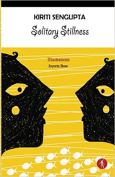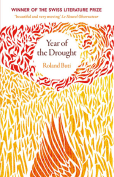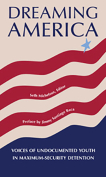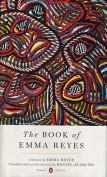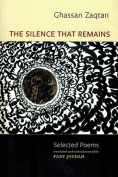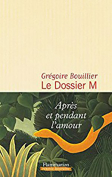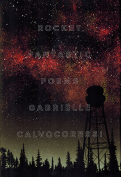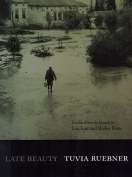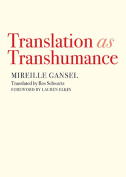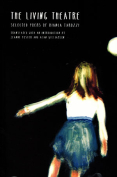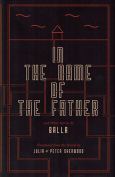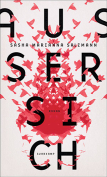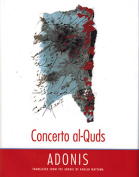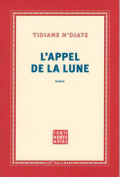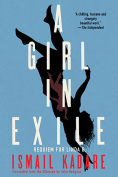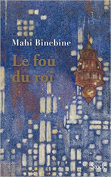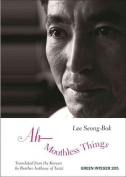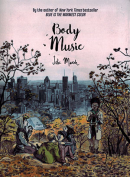Whorelight by Linda Ashok
 Kolkata, India. Hawakal. 2017. 76 pages.
Kolkata, India. Hawakal. 2017. 76 pages.
In an interview, Linda Ashok, a poet from India whose first collection of poetry, Whorelight, was recently published with a foreword by renowned poet George Szirtes, explains how she came by this title: “I realized how light engages with lives on earth to rescue them from their darkness. Is it being a whore?” She engages, therefore, with a world mysteriously lit up. The light worms into her body to make her declare, “Inside this poem is a worm that fears abundance.” The abundance of light bothers her. Mythically, a whore operates in a twilight zone that mixes dark shades of surrender and despair, giving her to “all weathers alike.” Hence, Whorelight becomes synonymous with that soft light of compassion, concern, and love that spreads over humanity in an even fashion.
These poems come from a mind that reacts to sensations like chlorophyll in a leaf. The sensations can range from having sex with a vague lover, a memory, or guilt. Ashok bleeds poetry wherever the needle pricks her, but “next day, (she wakes) up with the sun in (her) lungs, once again burning images into clots.”
In poems addressed to a mysterious AB, Ashok hopes for a thunder that can crack them open to “spill, like lovers, like rain, on parched metal,” convinced that “we can still sow seeds with our mouths, etch the soil, spit the seeds and wait for life to surprise us with flowers.” But it comes with a warning: “be careful when you advance to un-tongue me,” because “sometimes she [stands] still like a whore contemplating the economy of lust.” Or, she could be “contemplating on the lives of workers inked by the grime of disquiet machines.”
For Ashok, memories are promises to “send fireflies to the lighthouse to be able / to signal the world that you aren’t alone.” Or to remind us that “to feel love, you have to pull yourself out of the envelope that God posted.” She wants her poems and readers to meet like “two forests, singing to each other” and “to exchange birds, chaos” to “merge.” And merged, we are.
Ravi Shanker N.
Palakkad, India


